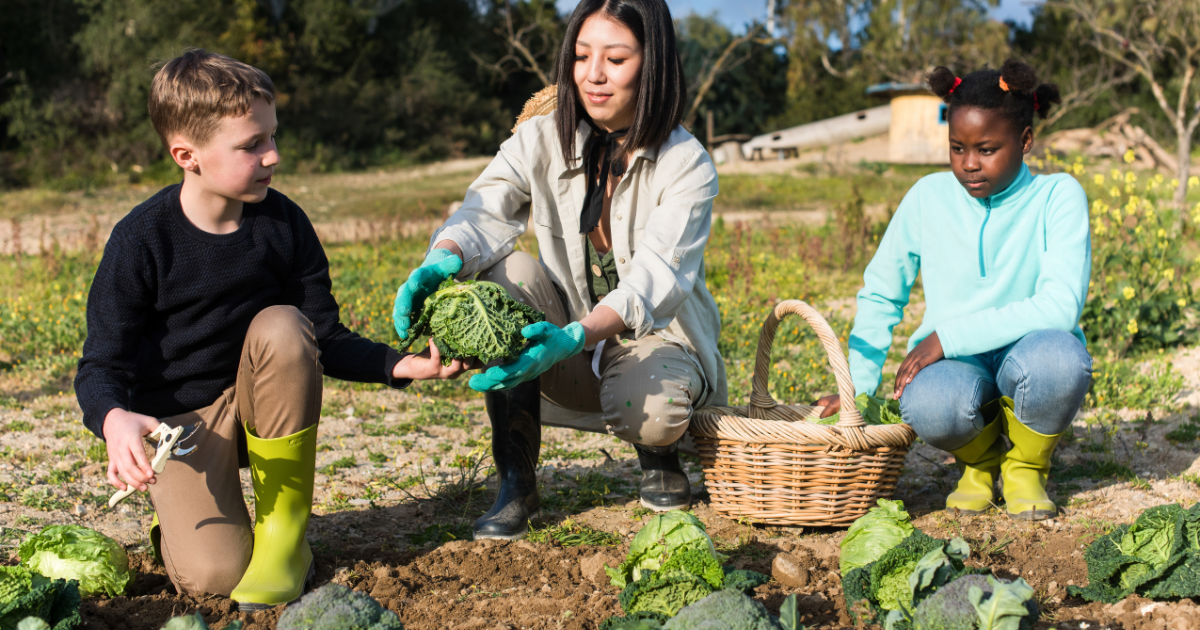Tips for gardening with your kids

With warming soil temperatures and last frost, spring shouts garden time! Children can be helpful garden companions and there is much in the garden to delight them and you.
Lay out the garden by keeping your child’s height and size in mind. Narrow beds are easier for shorter arms to reach and lower beds are more accessible for the youngest folks. Use marked boundaries to let active feet know where to step.
Start with rich soil, full of beneficial microbes and squiggly soil-building worms. Ask your own “why” questions: Why do we need worms in the soil? Why can’t you see the microbes?
- If you plan to use the existing soil, consider testing it for lead and other heavy metals.
- Choose fertilizers made of organic (derived from living elements) matter.
Select plants for your particular growing conditions to prevent plant problems later. Think about hours of sunlight, shady areas, temperatures, and watering needs.
- Try a mix of vegetables and flowers in polyculture beds to prevent pests and disease, but select carefully if you encourage snacking from the garden. Include quick growers like snap peas, radishes and marigolds as fall harvest can be a long time coming. Remember too that little hands have an easier time with larger seeds like those of beans and sunflowers.
- Involve your child in the selection process. Will they appreciate the full sensory experience of herbs? Will they notice the colors and textures of various plants? Is there a favorite vegetable you’d like to grow or one you’d like to nudge them to try? Do you want to attract birds and butterflies? Create a certified wildlife habitat? Entice fairies to move in?
Water the garden with hoses that are PVC-free and teach children to not drink from garden hoses. Watering smart builds deeper, stronger roots and helps to conserve water too.
Manage weeds by incorporating prevention in your garden design, not allowing weeds room to become established. When needed, weed by hand.
Meet the beneficial insects and help the pollinators. If your child is into bugs, the garden will oblige with aphids, slugs, beetles, bees, and more. Your budding entomologist can remove the aphids and slugs for you, lending a hand with integrated pest management practices.
Taking a look at the garden through your child’s eyes will lead you to new perspectives. Besides the occasional unicorn foraging in the leafy greens you might even discover a new appreciation for lacewings.
